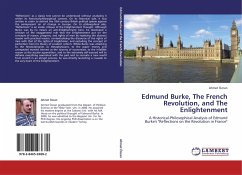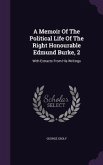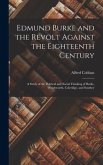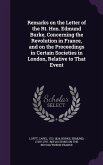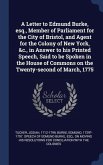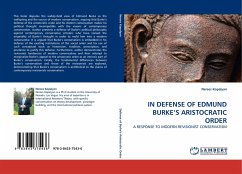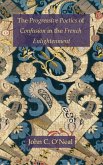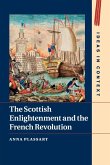Reflections as a classic text cannot be understood without analyzing it within its historical-philosophical context. On its historical side, it was written in order to defend the 18th century British political system against the omnipresent air of change in Europe. On its philosophical side, Reflections is an inside critique of the Enlightenment thought. Although Burke was by no means an anti-Enlightenment hero, he developed a criticism of the exaggerated role that the Enlightenment put on the concepts of reason, progress, and rights of man by replacing the abstract reason with practical reason, contextualizing the discourse of the rights of men with that of the rights of Englishmen, and excluding the concept of perfection from his theory of prudent reform. Whilst Burke was attacking to the Revolutionaries as metaphysicians, to the paper money and unimpeded monied interest as the tyranny of economists, to the infallible reason as the secular superstition, and to the extremely self-assured will to defame everything associated with the past and to recreate a new world from scratch in an abrupt process, he was directly launching a crusade to the very heart of the Enlightenment.
Bitte wählen Sie Ihr Anliegen aus.
Rechnungen
Retourenschein anfordern
Bestellstatus
Storno

